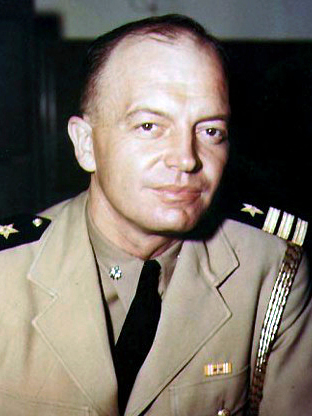The Pittsburgh Press (March 19, 1944)

President’s survey shows –
Half of states plan to use federal ballot for soldiers
Washington (UP) – (March 18)
An unofficial survey of replies by state governors to President Roosevelt’s question on the Soldier Vote Bill showed today that probably at least half of the 48 states will not use a federal ballot for servicemen if the Soldier Vote Bill passed by Congress becomes law.
The replies from 16 state governors left no doubt that they would not use the federal ballot. Six others indicated they would not. Several of these indicated that present laws are adequate if the Army delivers the ballots.
Five say ‘yes’
Only five states replied with a categorical “yes” to the question of whether present laws permit use of the federal ballot. But 14 others replied that they would try to get their state legislatures to make use of the federal ballot valid.
Seven states have given no indication of their answer.
President Roosevelt will announce his summary of the replies late tomorrow afternoon. He may indicate then whether he will veto or sign the compromise bill passed by Congress. He has said that his decision will be based on whether that bill will give more servicemen a chance to vote than did the 1942 Soldier Voting Act.
States are summarized
The replies showed that most of the existing state laws do not permit use of the federal ballot as proposed by Congress, and many of them plainly stated that they would do nothing to change the law.
Here is a summary of the position of the states, based on either the governor’s reply to the President or other statements:
-
States that will not use the federal ballot – Idaho, Illinois, Wisconsin, Michigan, Georgia, Iowa, Arkansas, Tennessee, Kentucky, Mississippi, Washington, Minnesota, Montana, Virginia, Arizona, Texas.
-
States whose present laws allow use of the federal ballot – California, Florida, Maryland, North Carolina, Vermont.
-
States whose governors have promised to take steps to validate use of the federal ballot (special sessions of legislature, etc.) – Oklahoma, New Mexico, Nebraska, Indiana, Connecticut, Rhode Island, Massachusetts, New Hampshire, Maine, New Jersey, Utah, South Dakota, Ohio, Pennsylvania.
